
Chapped lips are a very common problem that occurs particularly during winter. Lips become dry and flaky and prone to cracking, which may lead to bleeding and formation of scabs. Sometimes the tears become infected and this leads to a whole new problem.
On the other hand, angular cheilitis is a problem that affects less people than regular chapped lips, but it is still very common. The two are often associated and bound in a vicious circle of cause and consequence.
Angular cheilitis
Angular cheilitis, also known as angular stomatosis, is a condition in which lips become chapped and dry and small cracks appear in the corners of the mouth. The cracks can be very painful and they can split even more when the mouth is wide open, for example when laughing, yawning or even eating. This is not only painful and uncomfortable, but it can also be socially embarrassing.
The exact cause of angular cheilitis is not something all experts agree upon. Some believe it is caused by certain nutrient deficiencies, especially by the deficiency of B complex vitamins. Others think that it is a fungal infection, and a few think it is bacterial.
Treatment for chapped lips due to angular cheilitis
Chapped lips by themselves are frustrating enough, and when they are associated with angular cheilitis, it makes it even worse and immediate relief is highly desired.
While chapped lips due to harsh weather can be relieved with lip balms, olive oil, honey, and petroleum jelly, angular cheilitis may require a little more.
Some doctors prescribe anti-fungal medication if they suspect the problem is caused by fungus. Hydrocortisone topical creams are also recommended, even though they cannot cure the problem, but at least they can help with the pain and the irritation.
It is recommended to avoid opening the mouth too widely, so the tears do not become wider, longer and deeper. If the scabs form on the lips, they should not be touched or scraped, because it will only perpetuate the problem and possibly cause further complications.
The lips should not be licked or touched, and they should constantly be covered with either a neutral lip balm or with petroleum jelly. Petroleum jelly is probably the best remedy, because it locks in the moisture, protects the lips and allows them to heal, and it does not irritate or aggravate the problem.
It is also vital to improve the diet, to eat fresh fruit and vegetables, and to keep hydrated. Vitamin supplements, especially B complex vitamins, should be taken to speed up the healing process.


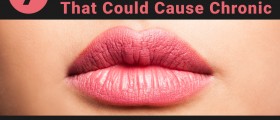
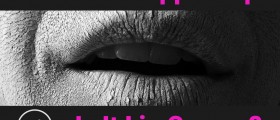

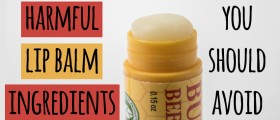

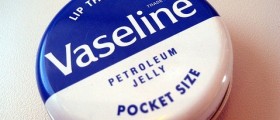
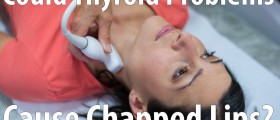
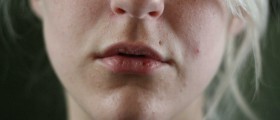


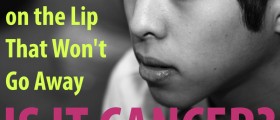
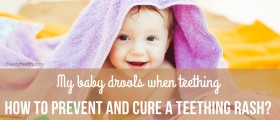

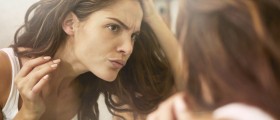

Your thoughts on this
Loading...